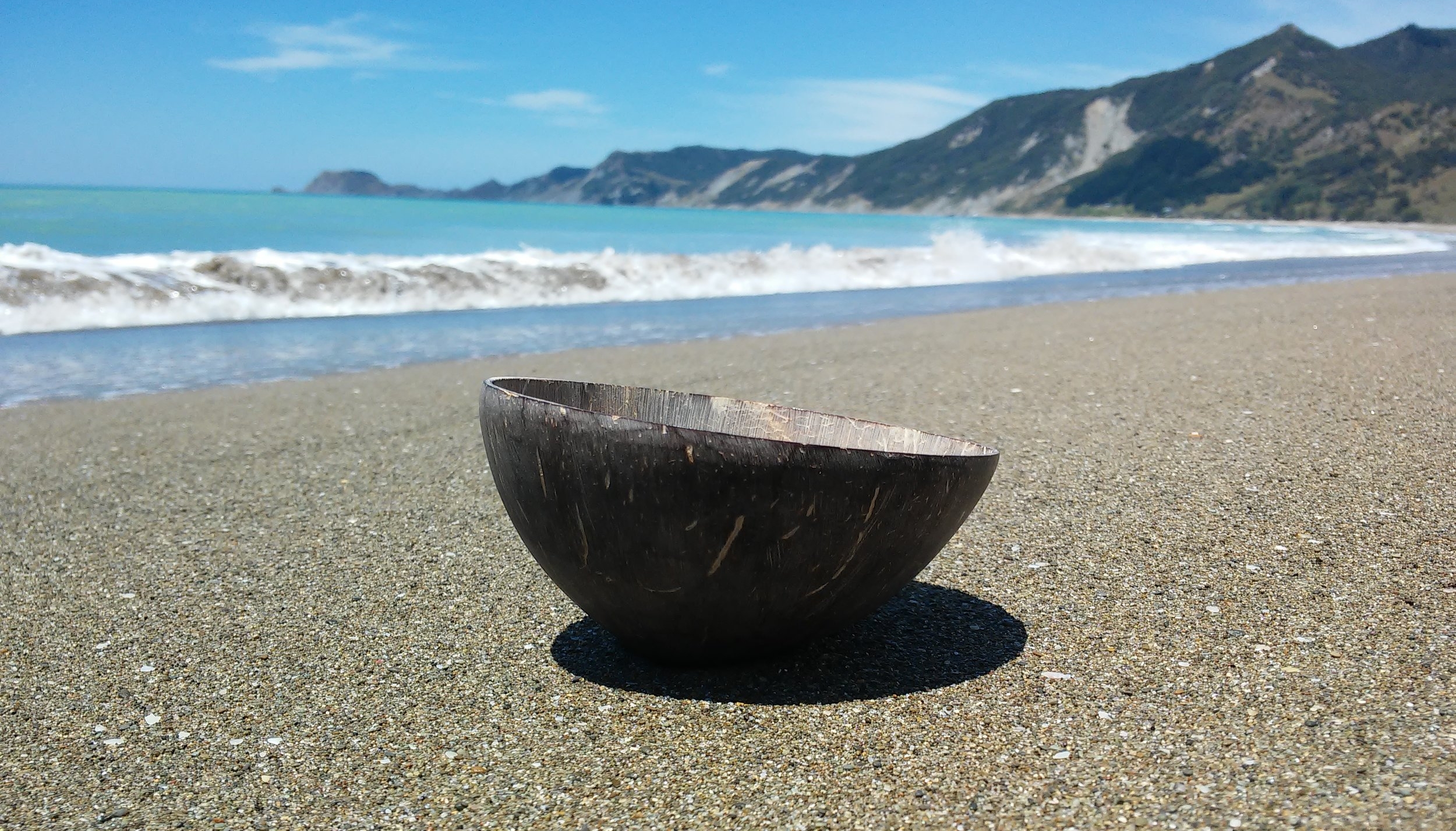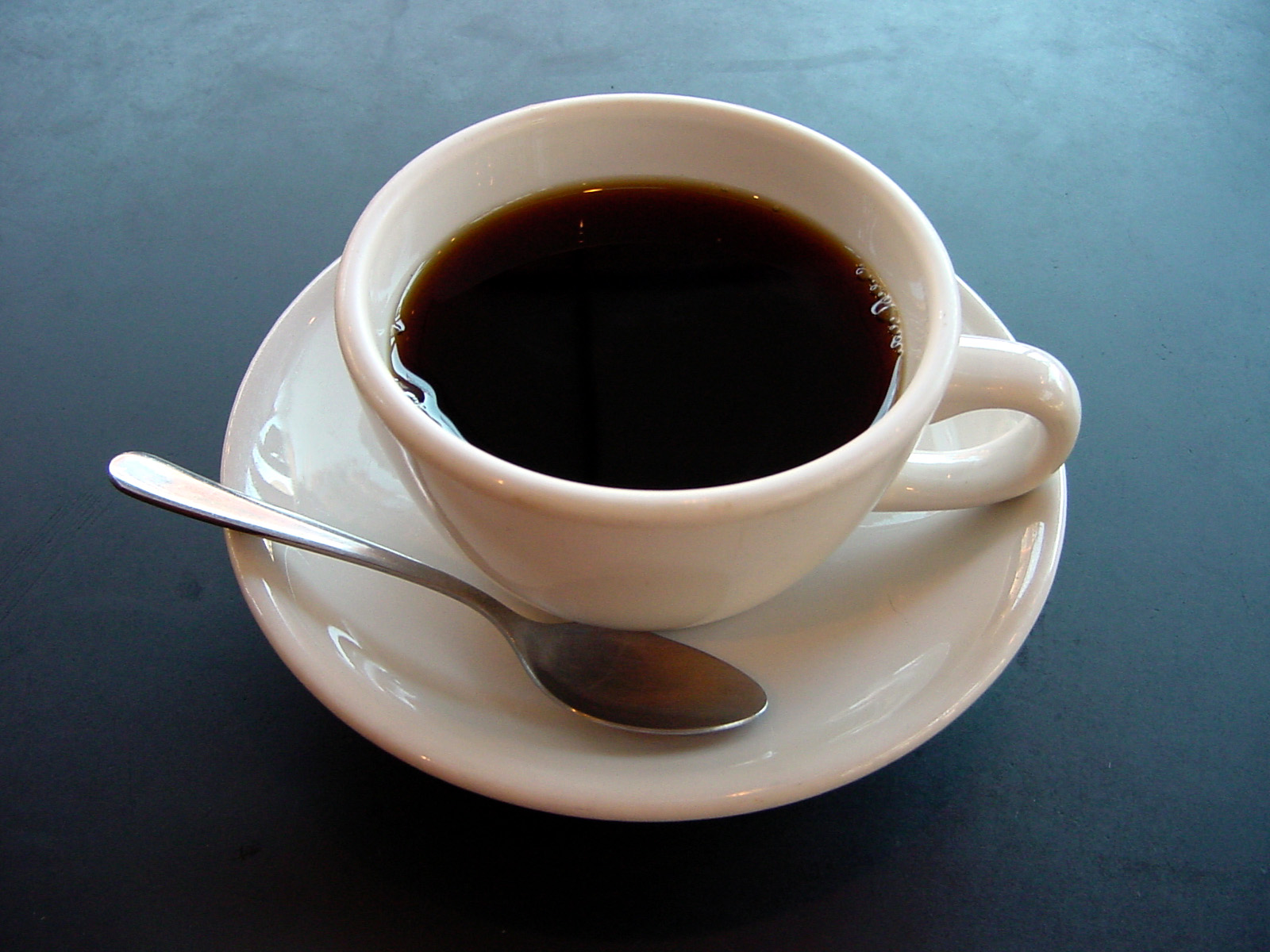
Welcome to Our Kava Blog
When Less is More: Making the Most of Your Kava with the Right Ratio and Consumption Pace
How you prepare and drink your kava matters as much as what kava you choose to drink. In this post we suggest a few different approaches. Kava can be an incredible versatile plant that accommodates various needs and occasions. By learning how to attain different effects by playing with water-to-root ratios and speed of consumption you can often get more of your kava and make it even more enjoyable and aligned with your lifestyle and preferences.
Silesse - the contemplative cultivar from Malekula
A guest post profiling the Malekula cultivar Silesse and one of its growers and custodians. Unlike most other kavas, Silesse is not known for being a “social” cultivar. Instead, many people find it to be powerfully introspective. If you enjoy drinking kava on your own, Silesse is a crucial addition to your solo kava repertoire.
How Great Kava Powders are Made: Processing Steps (and Why Each One Matters)
If you’ve tried our kava, you know it’s of insanely high quality. This is particularly obvious if you’ve ever tried any other kava, but even if you are completely new to kava, you have most likely noticed how clean, consistent, potent and aromatic our kava is. This isn’t a matter of chance, but a result of combination of highest quality plant material (i.e. outstanding kava grown by skilled farmers in the areas best suited for the cultivation of specific cultivars) AND state of the art, meticulous processing techniques. While you can’t have good kava without either of these two ingredients, the latter one is often overlooked, or poorly understood by most drinkers, or even some traders. This guest post can help you to both appreciate the importance of processing techniques and to understand what it takes to transform freshly harvested kava plants into our outstanding kava powder.
Puariki, the pride of Tongoa
Puariki is an outstanding cultivar grown exclusively on the remote island of Tongoa (Vanuatu). This blog post provides an overview of the cultivar’s history, characteristics, as well as an account of a unique journey undertaken by our friends to study and source it.
Guest Post: Deep Dive into Kava Chemotypes
Today we have the pleasure to share a post from our friends and collaborators at Vanuatu’s Root and Pestle The post was written John McGowan, the chief scientist and lab wizard at Root and Pestle’s state of the art kava processing facility. This blog was partly inspired by long conversations about kava chemotypes a d the frequent questions about kava’s chemistry/chemotypes we all get from both new and seasoned kava drinkers. It is primarily informed by Root and Pestle’s analytical work and relevant published research, including Dr Vincent Lebot’s famous books and papers. It is a fairly loooong read, but very rich in information and will be appreciated by anyone who really wants to understand what kava’s chemotypes are about and, more broadly, how chemical analysis can help us understand kava’s composition, properties and differences between cultivars.
What's the Best Kava? What's the Best Kava Cultivar?
One of the most common (and perhaps rather obvious?) questions asked by those who may be new to kava is: what’s the best kava? The fact that there are so many options, forms and types of kava may be a bit overwhelming for anyone who has only just heard of/read about the plant (and drink) and may be still reluctant to give it a go, or just is unsure what the most appropriate choice might be. This blog post looks at the history of kava cultivars, the key quality parameters, and the differences between fine cultivars.
Kava Strainer Bags: How They Work, Why They Matter and What Makes a Great Kava Strainer Bag
A blog post explaining why you need a strainer bag to prepare kava, what makes a good strainer bag and how to look after your kava strainer. Turning traditional grind kava into an effective and enjoyable drink is fairly simple, provided you do have some fine kava AND the right strainer bag. While the former is admittedly more important than the latter, using an appropriate strainer bag can make a massive difference to your kava drinking experience.
Interview with Dr Vincent Lebot, a leading expert on kava
Dr Lebot is often seen the father of modern kava science. It would be difficult to find anyone who has done more to help broaden the Western understanding of both the plant and the beverage. His work on kava and his insights into kava’s history, biology, chemistry and pharmacology have not just inspired multiple other researchers, but also helped and informed government officials, journalists, as well as countless kava drinkers, growers and entrepreneurs.
In this interview we discuss such topics as improvements to kava via cultivar selection, challenges to kava becoming more mainstream outside South Pacific, the differences between kava and kava extracts, and many others.
Kava as an Alternative to Alcohol and Kava vs Alcohol
Some of the most commonly asked questions about kava revolve about how it compares to alcohol, whether it can be used as an alternative to alcohol and whether the two can be mixed. In today’s blog we are looking at all these questions. More specifically, we would like to focus on the idea of using kava as a replacement for or perhaps an alternative to alcohol. We discuss the pros, the cons and provide a good dose of observations. Throughout the post we examine the differences between these two substances and briefly touch on the separate topic of using alcohol together with kava.
Kava and Caffeine
We've found people reporting that the mixture of kava and caffeine can cause an increase in the stimulation effects of caffeine when the two are consumed within a reasonable time together. Some people find the combination uncomfortable, while some enjoy the increase in stimulation. However you feel about it, there's always a good scientific explanation regarding why and we would like to share with you what we theorize the culprit to be. Read this blog post for more information.










